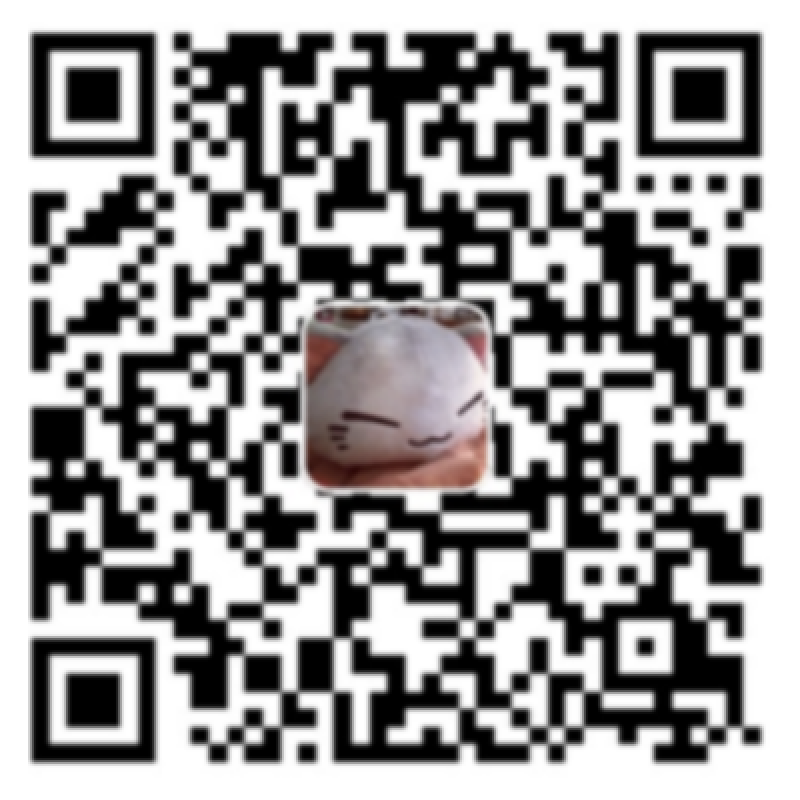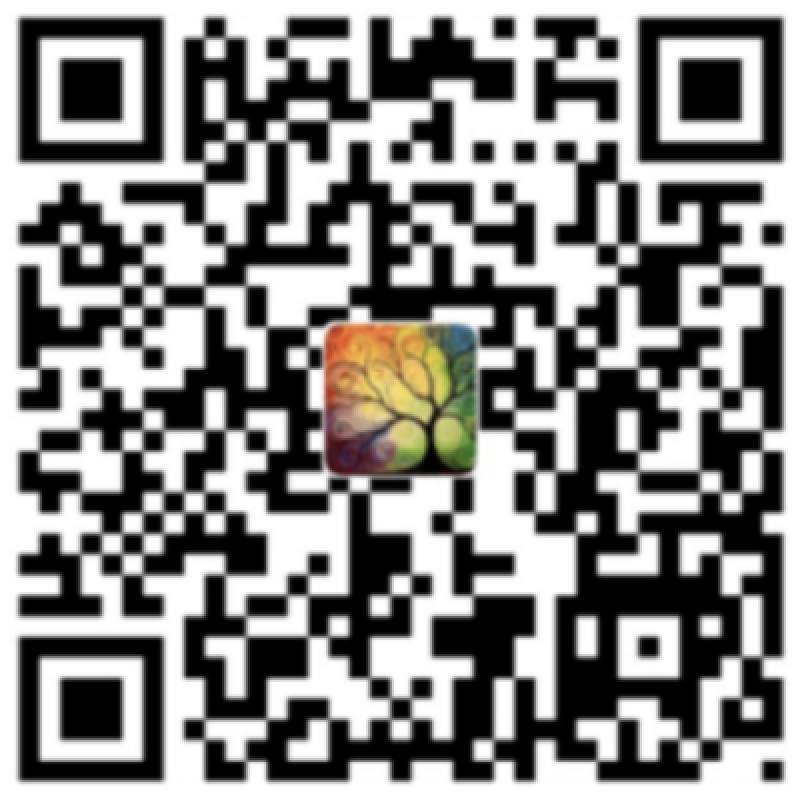Luna职场 | 一对一会议

0. 前言
在管理者如何有效地提供反馈一文中,我提到了 1 对 1 这个沟通渠道,这篇文章就来具体讲讲 1 对 1 的目的、好处、以及如何做好这种沟通。
References:
https://www.small-improvements.com/resources/1-on-1-meetings/
https://www.small-improvements.com/1-on-1-meeting-essentials/
1. 1 对 1 会议的目的
这是一个上下级之间保持沟通的日常渠道,目的是增进双方的了解和信任,及时解决问题,帮助员工成长。 一对一最大的好处在于时效性,保证双方的职场关系和工作目标处于一个比较稳定的状态。
如何开展 1 对 1
假如你和上级/下级之间没有安排过 1 对 1,那么在开展 1 对 1 之前,必须要让每个人都知道会议的目的和好处,搞清楚为什么需要投入时间和精力去做这件事,因为一旦开始了,就等于是双方共同的承诺,需要坚持下去,培养成为习惯。
There needs to be commitment from the beginning.
作为管理者而言,我们要让员工从一开始的体验中感受到一对一会议的好处,打消员工的顾虑、倦怠和防备心。
作为下属而言,我们需要积极主动地参与到和上级的 1 对 1 沟通中去,构建和上级之间的良好关系,而不是把它当成一种形式主义或者是一种负担。
1 对 1 会议谁主导?
上下级应该共同参与讨论话题的制定,manager 主要负责提问,下属需要有主人翁精神,积极参与讨论。
1 对 1 会议的频率应该是怎样的?
每周或每两周一次,至少做到一个月一次,不然就失去了时效性。
1 对 1 会议的地点怎么安排?
会议场地可以随意一些,不一定要在办公室进行;两个人出去走走,找个方便说话的地方即可,比如咖啡厅。
假如是远程工作的话首选视频会议。
1 对 1 会议持续多久?
15 - 30 分钟为宜。
2. 1 对 1 会议怎样开展才更有效?
做好准备工作
manager 可以事先想好要讨论什么话题,但最好是由员工主导(employee-driven)。
这样可以防止被动性格的员工完全没有准备,两个人聊天的时候冷场。
会议记录
员工可以主动写一个小结,确保双方的理解没有误差,以及后续跟进一些谈论过的事情。
Agenda Template: https://rework.withgoogle.com/guides/managers-coach-managers-to-coach/steps/hold-effective-1-1-meetings/
3. 1 对 1 会议常用问题
第一次 1 对 1
目的是增进了解,建立信任:
- 简单介绍一下你自己吧,你为什么会做这份工作呢?
- 你有怎样的志向呢?包括职业上的和个人的。
- 什么事情会给你赋能,什么事情则相反?
- 你的主要职责是什么,你对我有什么期待?
- 我们怎样进行团队协作?
- 聊聊我们为什么要开展 1 对 1 会议,以及如何去做。
- 你还有什么想和我聊的吗?
- Tell me about yourself – what attracted you to this role?
- What are your aspirations – professionally and personally?
- What gives you energy, and what drains it?
- What’s your role and what do you expect from me?
- Let’s talk about our team and how we work together.
- Let’s talk about why and how we’ll do 1:1 meetings.
- Anything else you’d like to talk about today?
常规沟通
目的是建立信任,认可进步,早期解决问题:
- 你最近怎么样?
- 今天你想聊什么?
- 聊聊让你感到自豪的事情,或者阻碍你的事情。
- 你是否需要帮助?我能怎么帮你?
- 你还有什么想和我聊的吗?
- How are you doing? How did the past week/month go?
- What would you like to talk about today?
- What are you proud of? Anything blocking you?
- Do you need any support? How can I help you?
- Anything else you’d like to talk about today?
和非直系下属进行沟通
目的是更多的了解公司情况:
- 聊聊让你感到自豪的事情
- 你对于团队和公司有什么想法和建议吗?
- 你如何看待我们公司的愿景和优先事项?
- 你的经理怎样可以更好地支持你的工作?
- 是否有阻碍你的事情?
- What are you proud of?
- What ideas do you have for your team and the company?
- How do you feel about the vision and priorities of our company?
- What can your manager do better to support you in your role?
- Is anything blocking you?
制定目标的会议
目的是一起制定可行的目标:
- 我们先来快速回顾一下为什么以及如何制定目标;
- 你之前的目标进行的如何了?
- 我们一起看看公司和团队的优先事项。
- 我们一起讨论一下你现在的目标以及个人发展目标;
- 我们需要对下一步的行动达成一致。
- Let’s quickly recap why and how we set objectives.
- How did previous objectives go?
- Let’s look at the company and team priorities.
- Let’s discuss current objectives and personal development goals.
- Let’s agree on next steps.
个人成长讨论
目的是找到员工的成长空间:
- 根据你最近得到的反馈,你希望在哪些方面进步和提高呢?
- 你准备如何行动去达成这些目标呢?
- 你最喜欢这份工作的什么地方?哪些事情会让你充满能量?
- 你最不喜欢这份工作的哪些地方?哪些事情会让你觉得无聊或者有挫败感?假如你可以停止做一件事,你会停止做什么?
- 你未来两年想达成什么样的目标?
- Based on the feedback you received lately, are there areas you would like to develop further?
- What next steps could you be taking towards those goals?
- What part of your job are you enjoying the most? What’s inspiring, motivating, and energizing?
- What part of your job are you enjoying the least? What is frustrating or boring you? - - What is the one task you would love to stop doing if it was possible?
- Where do you see yourself in 2 years?
绩效评估回顾
目的是总结绩效评估,跟进结果:
- 你对这次的绩效评估有什么感觉?
- 你读我的反馈和你同事的反馈时有什么想法?
- 你是否有需要确认的事情?
- 有没有让你感到惊讶的地方?
- 你在这次评估中最大的收获是什么?
- 关于我和你沟通反馈意见的方式,你是否想给我一些反馈?
- How do you feel after this performance review?
- What did you think while reading my feedback and the feedback you got from your peers?
- Is there anything you need clarification about?
- Was anything surprising?
- What’s your main takeaway from this review?
- Any feedback regarding the way I communicated my feedback?
绩效改进会议
目的是了解并提高员工的绩效表现:
- 你是否了解我们对你的期待?这些期待是实际的吗?
- 你是否知道你在公司大局中扮演的角色?你是否知道自己的工作为什么重要?
- 你得到足够的反馈了吗?如果没有的话,你认为自己为什么没有得到呢?我们如何确保你能获得更多反馈呢?
- 你在需要帮助的时候是否可以没有负担地寻求帮助?
- 是什么阻碍了你发挥出更大影响力?比如内部流程,时间管理问题,信息或资源不足。
- 我们可以就哪些行动事项/目标达成一致?
- Are you clear on what is expected of you? Do you think those expectations are realistic?
- Do you realize how your role fits into the bigger picture/why your work is important?
- Do you receive enough feedback? If not, why do you think you don’t receive it? How could we ensure you get more feedback?
- Do you feel comfortable asking for support when needed?
- What got in the way of you having more impact? (e.g. internal processes, time management issues, lack of resources or information)
- What are action items and/or objectives we can agree on?
4. 结语
我个人真的非常推崇 1 对 1 会议,我跟自己的领导和下属都是有定期进行 1 对 1 的,每次 30 分钟。
假如你的领导没有和你定期进行 1 对 1 的习惯,建议你一定要主动去提出这件事哦。
如果你在 1 对 1 会议中扮演的角色是下属,那么每次会议之前务必做好准备,可以把想要讨论的话题提前记录下来。
我每次 1 对 1 之后都会写一些笔记,把学到的东西和需要做的事情都记下来,确保会议的讨论落在实处,这样能最大地发挥 1 对 1 会议的作用。
假如你是管理者的话,可以试试第三部分的常用问题去做开放式提问,在 1 对 1 会议中,管理者的角色是提问+引导+给出适当的建议,就是教练的角色,但会议的主角应该是下属,而不是管理者。
Talk to Luna
Support Luna




